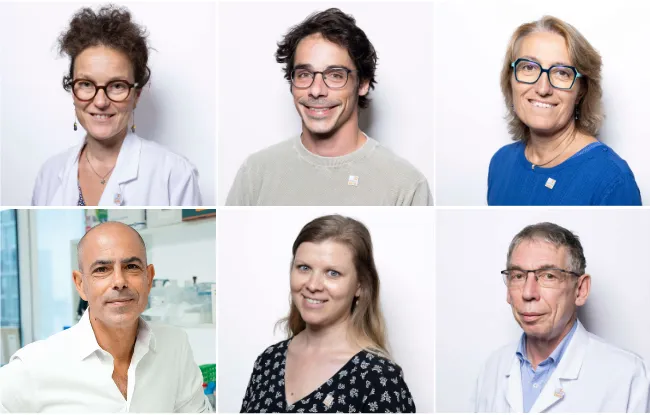- Home >
- Institut Curie News >
- Carsten Janke awarded an ERC Advanced Grant
A team leader in the Genome integrity, RNA and Cancer unit (CNRS UMR3348) at Institut Curie, Carsten Janke has just received one of the prestigious Advanced Grants awarded by the ERC. With an award of 2.5 million euros over five years, he will be able to conduct his ambitious project, namely to reveal the secrets of the adaptation of the microtubule cytoskeleton to the constantly changing requirements of our bodies’ cells.
Microtubules are essential components of the cell skeleton. They play multiple roles in their form, division, mobility and transport of elements within the cells. To adapt to this multitude of functions, the microtubules need to be adapted. Carsten Janke and his team have already shown that polyglutamylation, a post-translational modification involving the addition of glutamate chains to the surface of microtubules, plays a vital role in some of their function changes. “And we have demonstrated that these mechanisms are involved in neurogenerative disorders, in male fertility and in cancer”, he explains.
However, “these modifications do not cause abrupt changes in the behavior of microtubules, which makes them difficult to study, which is why they have been neglected by research. But for me that’s the exciting thing, finding gradual and often discreet regulations at work“, enthuses Janke. His research project selected by the ERC aims to explore the details of these modifications on the molecular scale of microtubules, and the entire scope of their consequences, at cellular level and on the entire body.
This funding awarded by the ERC is a major recognition of the scientific quality of the work conducted by Carsten and the innovative nature of his research program. This funding will enable us to acquire new equipment, including a state-of-the-art fluorescence microscope, and to hire young researchers and technicians, which we will need to complete this vast project
Remarks Prof. Alain Puisieux, Director of the Institut Curie Research Center.



